The Terminally Ill Adults (End of Life) Bill has passed Third Reading in the House of Commons. The vote was 314 in favour, 291 against. My Death, My Decision and Humanists UK welcome the result.
Carmen Sumadiwiria, Director of Diversity at My Death, My Decision said:
‘This is a day for the history books, where facts have prevailed over fear. Today’s vote reflects what the British public has known for years, that everyone deserves the right to choose a compassionate death. We are grateful to politicians who listened to evidence, reason, and the lived experience of dying Brits. This is a momentous victory for the overwhelming majority who support assisted dying, and we will keep working to make sure those voices continue to be heard.
‘We want to thank every parliamentarian who stood up today for dignity and common sense. Your courage has given hope to terminally ill adults across the country who simply want the choice to die peacefully and on their own terms. We are proud to stand with you and will continue to work for a fairer, kinder law.’
Andrew Copson, Chief Executive of Humanists UK, said:
‘The House of Commons has taken a historic step towards meeting the aspirations of the public, who overwhelmingly support having choice, dignity, and compassion at the end of their lives. We welcome this and now look forward to working with Lords on the legislation.
‘MPs have finally recognised the fact that assisted dying is already happening in this country. People are travelling to Switzerland if they have the money and mobility to do so. Others are dying in traumatic circumstances by suicide. Many more are suffering greatly, even while receiving the best possible care. Today, we are a significant step closer to ending that unnecessary and cruel suffering and MPs should be commended for taking this step. ’
Louise Shackleton accompanied her husband, Anthony, to Switzerland for an assisted death after he had been suffering from motor neurone disease for six years. She said:
‘Today, the majority of MPs did the right thing. They listened with compassion, and they chose dignity over fear. I’m so relieved that other families won’t have to go through what Anthony and I did, forced to leave our home, our loved ones, and our country just so he could have a peaceful death.
‘This law means that people facing unimaginable illnesses will finally have a choice. It means their final days can be filled with love, not fear, with family, not police interviews. I promised Anthony I’d fight for this, and today I can say we’ve been heard.’
The Bill will now progress to the House of Lords, which will further scrutinise it. It applies to England and Wales only. A private member’s bill in Scotland by Liam McArthur MSP recently passed its First Stage vote in the Scottish Parliament.
Notes
For further comment or information, media should contact Humanists UK Director of Public Affairs and Policy Richy Thompson at press@humanists.uk or phone 0203 675 0959 or My Death My Decision Director of Diversity Carmen Sumadiwiria at carmen.sumadiwiria@mydeath-mydecision.org.uk or phone 07879 391313
Humanists UK and My Death, My Decision have people and their loved ones who would be affected by this change available for the press.
If you have been affected by the current assisted dying legislation, and want to use your story to support a change in the law, please email campaigns@humanists.uk.
Humanists defend the right of each individual to live by their own personal values, and the freedom to make decisions about their own life so long as this does not result in harm to others. Humanists do not share the attitudes to death and dying held by some religious believers, in particular that the manner and time of death are for a deity to decide, and that interference in the course of nature is unacceptable. We firmly uphold the right to life but we recognise that this right carries with it the right of each individual to make their own judgement about whether their life should be prolonged in the face of pointless suffering.
We recognise that any assisted dying law must contain strong safeguards and the international evidence from countries where assisted dying is legal shows that safeguards can be effective. We also believe that the choice of assisted dying should not be considered an alternative to palliative care, but should be offered together as in many other countries.
Humanists UK is the national charity working on behalf of non-religious people. Powered by over 130,000 members and supporters, we advance free thinking and promote humanism to create a tolerant society where rational thinking and kindness prevail. We provide ceremonies, pastoral care, education, and support services benefitting over a million people every year and our campaigns advance humanist thinking on ethical issues, human rights, and equal treatment for all.
My Death, My Decision is a grassroots campaign group that wants the law in England and Wales to allow mentally competent adults who are terminally ill or intolerably suffering from an incurable condition the option of a legal, safe, and compassionate assisted death. With the support of over 3,000 members and supporters, we advocate for an evidence-based law that would balance individual choice alongside robust safeguards and finally give the people of England and Wales choice at the end of their lives.
Humanists UK and My Death, My Decision are both members of the Assisted Dying Coalition, along with Friends at the End, Humanist Society Scotland, and End of Life Choices Jersey.


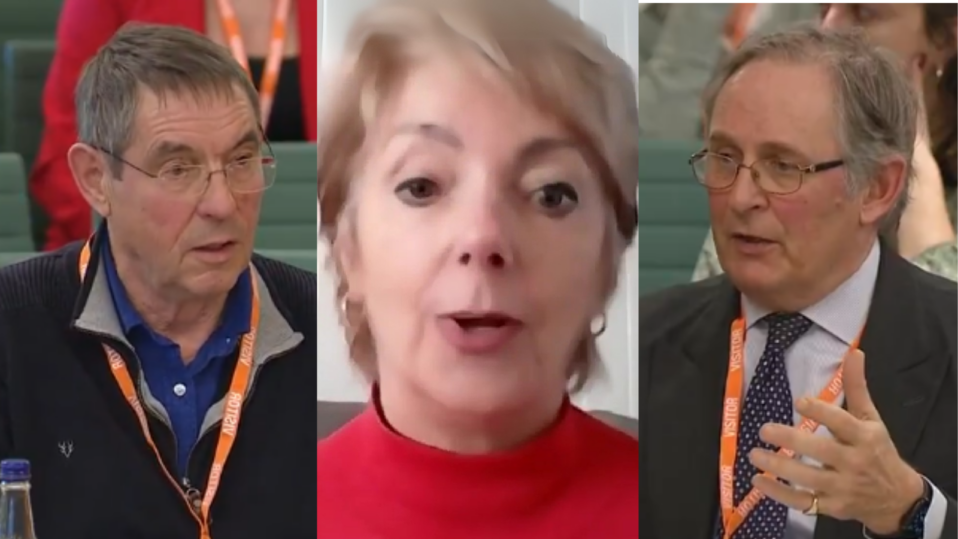
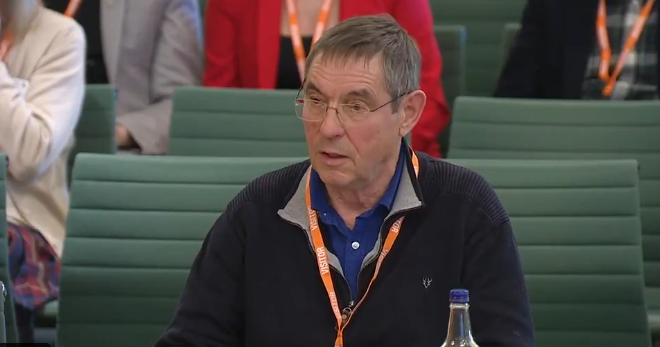
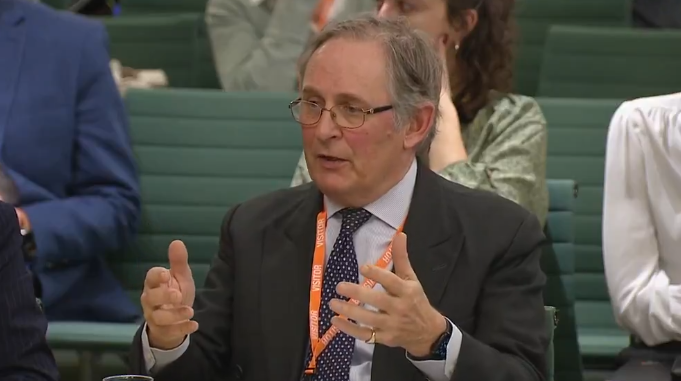
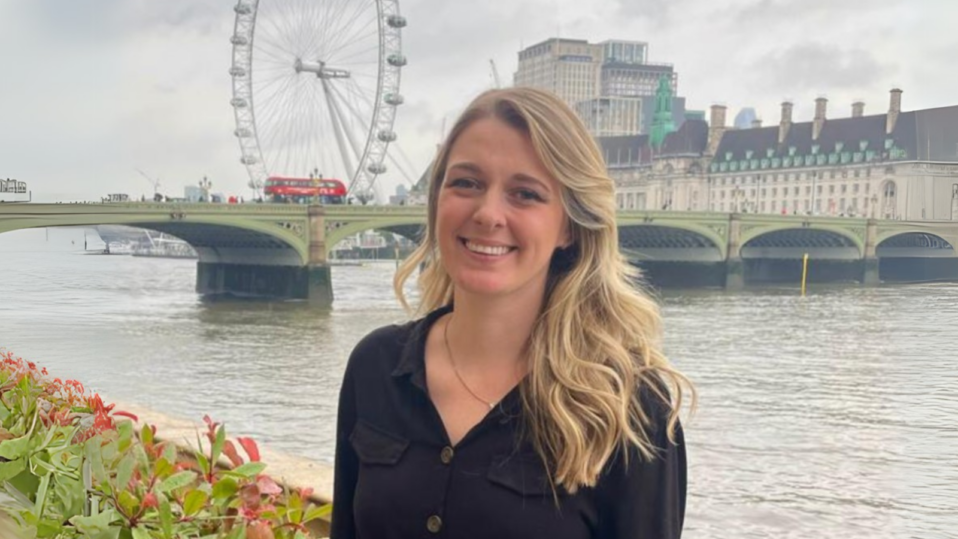



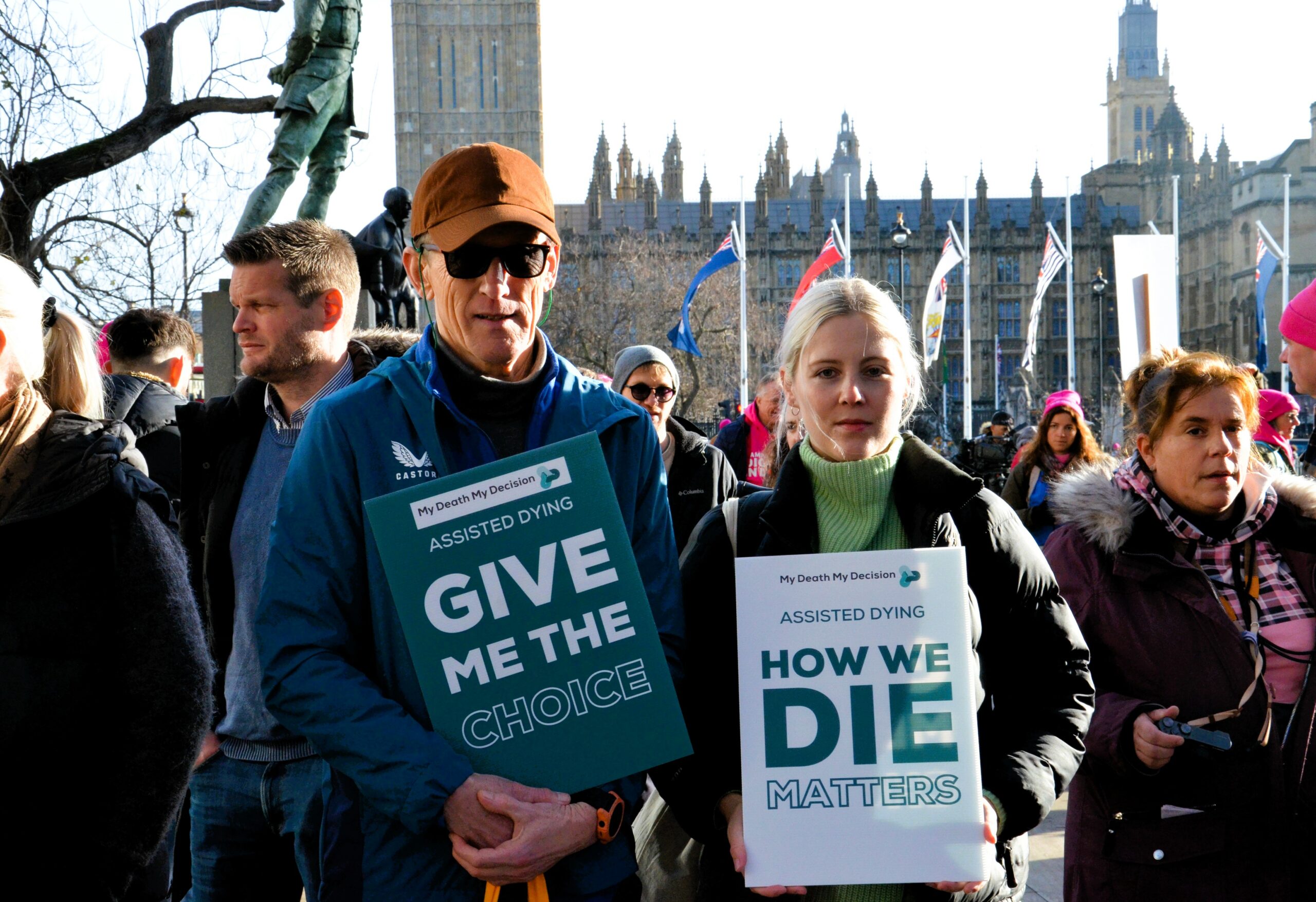
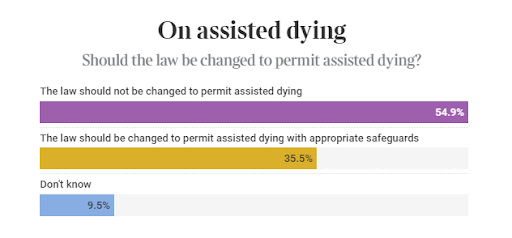


 A majority of Surgeons support assisted dying, according to
A majority of Surgeons support assisted dying, according to 

 Today, the Human Rights (Joint Committee)
Today, the Human Rights (Joint Committee) 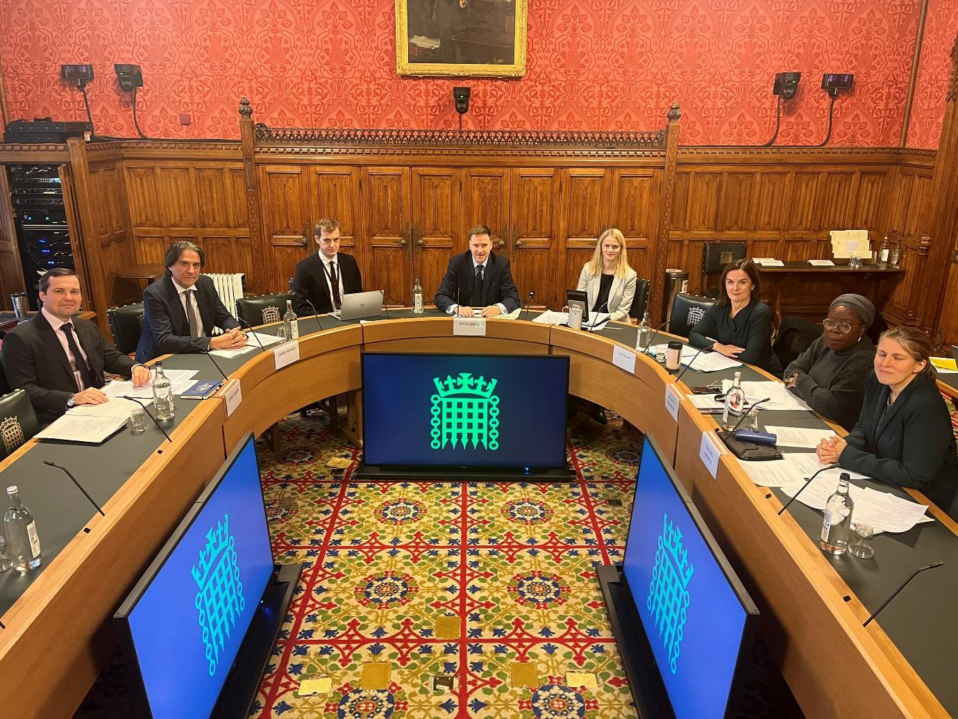

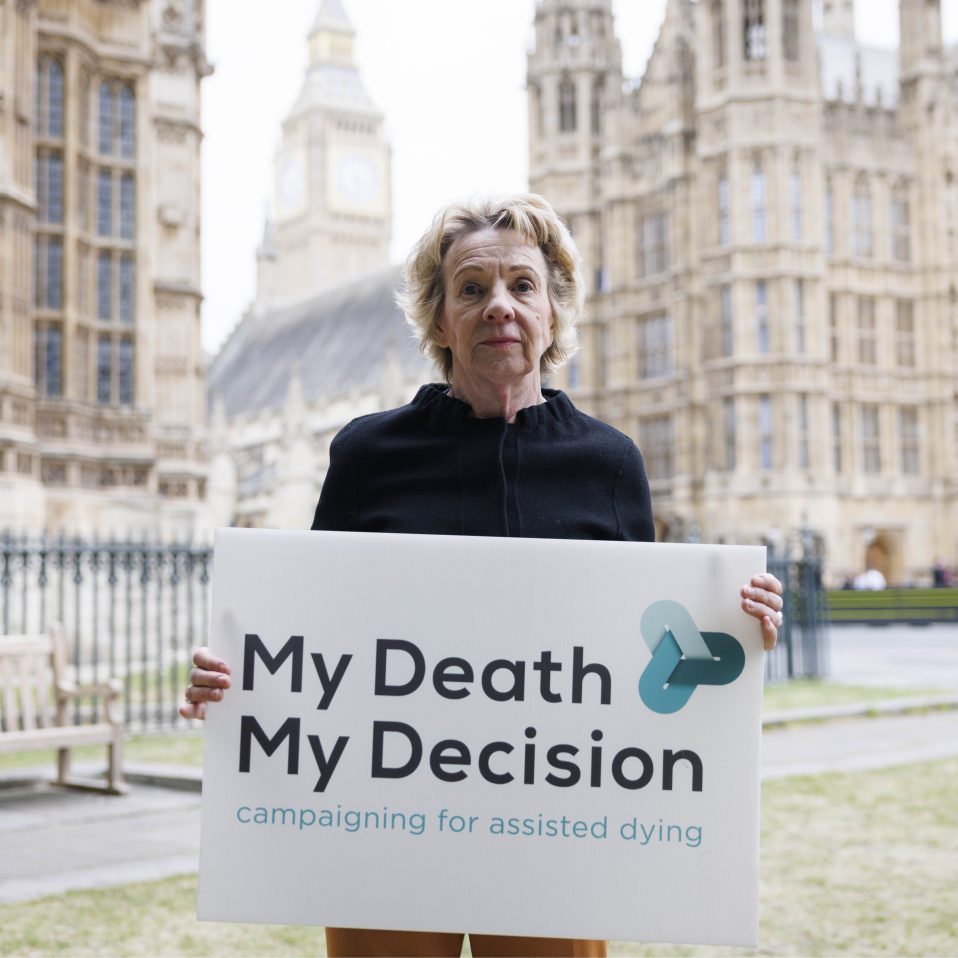


Recent Comments